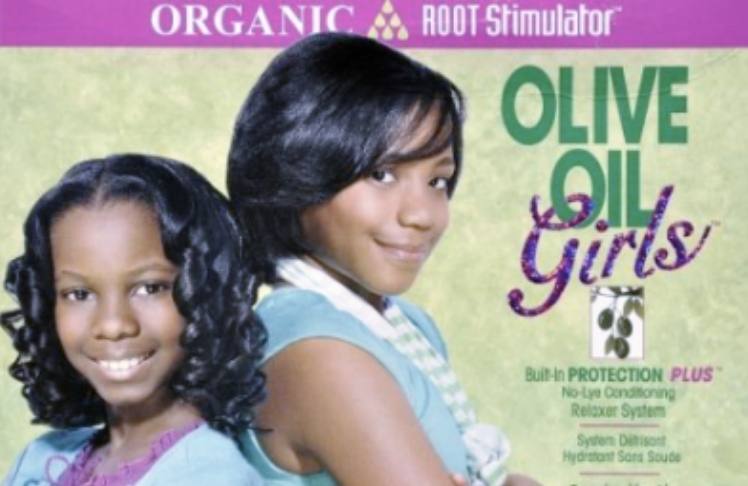
“No more relaxers!” That’s attorney Benjamin Crump’s rallying cry for Black women and girls in response to research linking chemical hair straighteners to uterine cancer.
Alongside attorney Diandra “Fu” Debrosse Zimmermann, Crump is representing several women who’ve come forward to sue companies following the finding.
Jenny Mitchell — a plaintiff in one of the cases — is the first woman diagnosed with uterine cancer to file a lawsuit against the companies that manufacture the products.
On Oct. 24, Mitchell stood with Crump and Zimmermann in front of Chicago’s Everett M. Dirksen U.S. Courthouse — where the lawsuit was filed — to publicly share her story for the first time.
“My dreams for motherhood is no longer,” Mitchell said at the press conference. “Someone needs to be held accountable,” she added.
Mitchell recalled having relaxers applied to her hair as early as 8-years-old. She continued using the products into adulthood and in Aug. 2018, she was diagnosed with uterine cancer.
Because of the disease — which doesn’t run in her family — Mitchell had a hysterectomy. The removal of her uterus ruined her chances to get pregnant and caused her to experience early menopause at only 28-years-old.
“I am the first voice of many voices to come that will stand up to these companies and say no more,” she said.
The cancer survivor is taking a stand by suing L’Oréal USA and others who assisted in the development, marketing, and sale of “defective products” like Motions, Dark & Lovely, Olive Oil Relaxer, and Organic Root Stimulator.
Mitchell’s lawsuit comes just days after a study conducted by the National Institutes of Health revealed that women who used chemical hair straighteners were more likely than non-users to develop uterine cancer.
The study included women of different races and ethnicities, yet 60% of the participants who reported using the products were Black women.
Black women are more likely to use chemical hair straighteners for various reasons. For one, society has a history of discriminating against natural hair. So much so that states across the country are passing — or not passing — the CROWN Act, a bill that protects a person’s right to wear natural or protective styles.
While Black women are being pressured to straighten their hair, they’re also dying from uterine cancer at higher rates than others.
According to the National Cancer Institute, the U.S. has seen an overall rise in deaths caused by uterine cancer between 2010 and 2017, but Black women have been dying at over twice the national rate.
But uterine cancer isn’t the only cancer linked to chemical hair relaxers — a 2019 study published in the International Journal of Cancer discovered a 31% increase in breast cancer risk for women who regularly use the products.
Relaxers are made of various chemicals that pose a cancer risk; including formaldehyde, metals, phthalates, and parabens. These chemicals may be easily absorbed through burns on the scalp often caused by the products.
Users also risk severe hair loss by using the chemical hair straighteners.
“Black hair has been and always will be beautiful, but Black women have been told they have to use these products to meet society’s standards,” Crump said in a press release.
“We will likely discover that Ms. Mitchell’s tragic case is one of countless cases in which companies aggressively misled Black women to increase their profits.”
In a statement to the Washington Post, L’Oréal said the company is “confident in the safety of our products and believe the recent lawsuits filed against us have no legal merit.”
But Zimmermann — who represents people and public entities injured by defective products, environmental contamination, and civil rights abuses — said they launched “this important litigation to seek and obtain justice for those women and their families.”
“The fact that these companies targeted Black and Latin women for their own profit motive and without regard to the serious health risks that these hair-straightening products cause is a serious wrong that needs to be corrected,” Zimmermann said in a press release.
As a father of daughters, Crump encourages families to stop using chemical relaxers on themselves and their children immediately.
“Hug your daughters a little tighter tonight and tell them ‘never again are we going to have relaxers in your hair, baby,’” he said. “That’s for our teenagers, our college students, our young professionals. Black women, it is not worth your uterus.”















